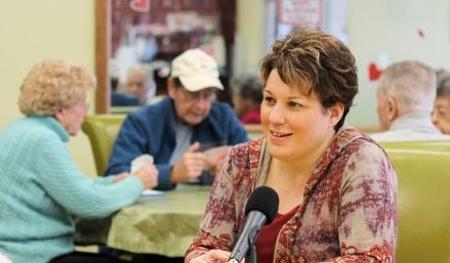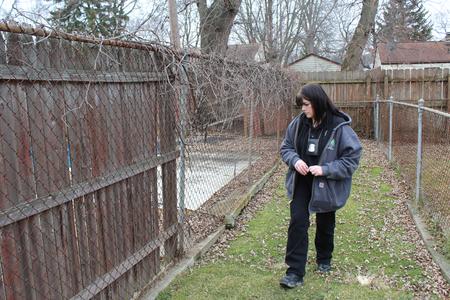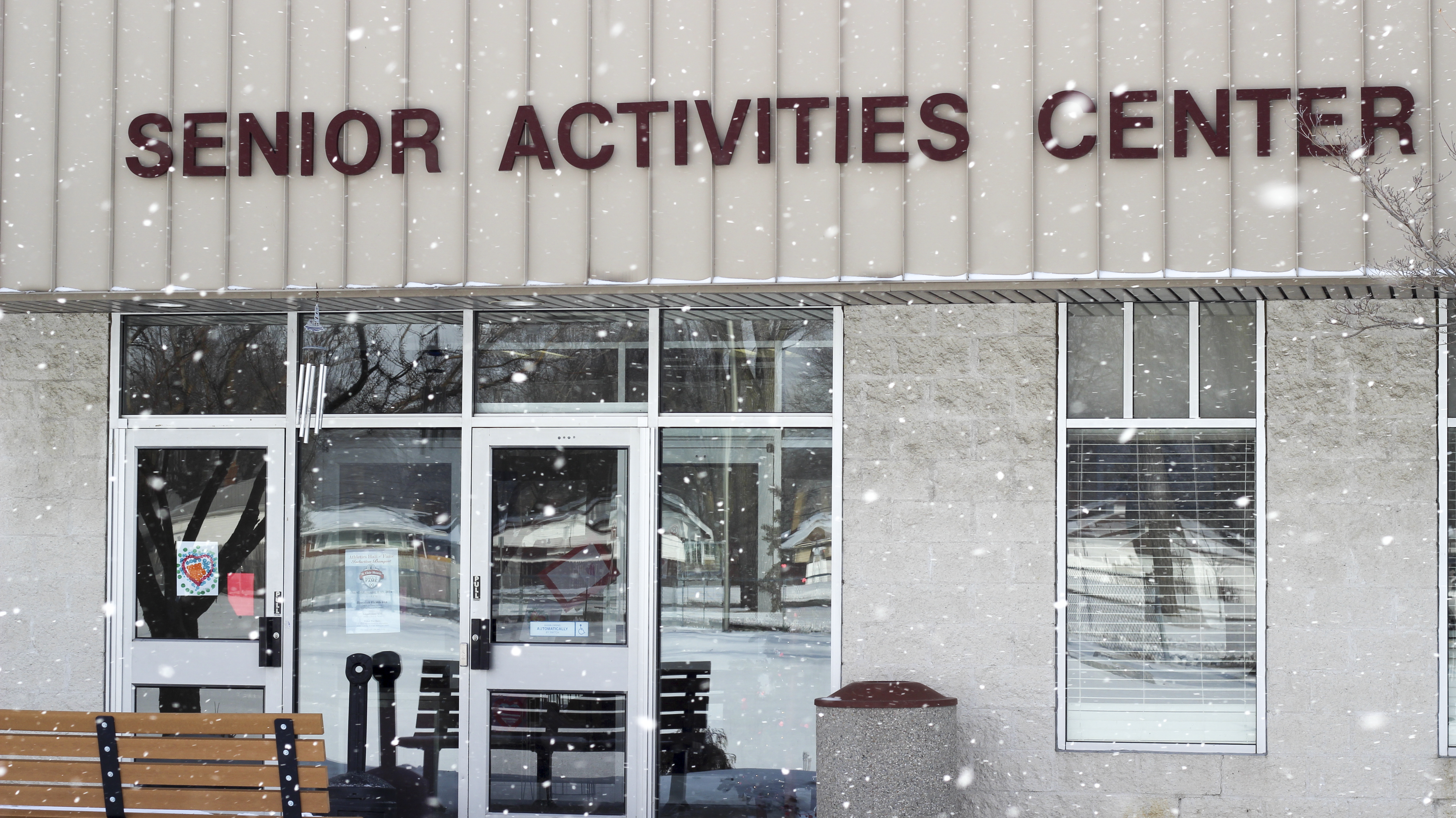Federal Funding, Local Programs
This mahjong made possible by…federal tax dollars.

Four women are playing their weekly game of mahjong at the Senior Activity Center in St. Clair Shores. They’re among the hundreds of members who come here each year to work out, attend workshops, play cards and stay busy.
Members pay modest membership dues to belong to the Center, but the city of St. Clair Shores pays for a lot of the operations. So do the U.S. taxpayers.

“Every component of this center has funding dollars that come from the federal government,” says Sue Fikau, the center’s director.
She counts funding from federal housing, transportation and agriculture departments in her budget.
The St. Clair Shores Senior Center is one of hundreds of projects in southeast Michigan that have been funded with Community Development Block Grants. Those CDBG monies come from the U.S. Department of Housing and Urban Development and go to local communities across the country.
HUD sets program guidelines and funding amounts. Local governments can choose how to spend their money.
Ecorse and Grosse Pointe Park, for example, use the federal funds to pay for sidewalk repairs. Belleville is building an accessible kayak and canoe launch. Library book collections expanded because of the federal dollars in Sterling Heights and Shelby Township.
In Hazel Park, about $80,000 of CDBG money pays for the city’s part-time ordinance inspectors. City Manager Ed Klobucher is moderately concerned about how future presidential administrations could affect that funding level. “If all of a sudden there’s a change in philosophy at the federal government and they decide to cut that program, Hazel Park would be scrambling to try and find additional revenue to pay for code enforcement operations,” he says. “As those dollars have been whittled away now we’re forced to kind of use those for what’s most important to us and what’s most important to us is code enforcement to ensure that our city is clean and safe.”

(See WDET’s Quiz about how Southeast Michigan’s communities spend CDBG funds.)
In Detroit, the housing department received $31 million this year in Community Development Block Grants. They city also gets HUD money for services for the homeless and to pay for home improvements in the neighborhoods.
Arthur Jemison, Detroit’s director of housing and revitalization, says those monies have a political dimension in Washington. “Budget levels for each of those funding sources is proposed by the executive branch and then has to make its way through Congress before it arrives in any city or municipality. Detroit’s no different so really the agenda of the president and the Congress has a lot to do with how much money we receive annually to do the work we do around the city,” he says.
In other words, the next occupant of the White House could matter to the future of the hundreds of millions of dollars that come to southeast Michigan communities in CDBG grants. The new president could modify the program, which has been around since 1974.
None of the remaining presidential candidates are making their granting strategies any real parts of their campaigns. WDET sent questionnaires to contacts for the remaining Republican and Democratic candidates. Only Marco Rubio’s team returned it but skipped the question about CDBG monies.

Back at the St. Clair Shores Senior Center, director Sue Fikau is doing her own lobbying. She wants to make sure the center’s grant dollars stay at the center.
“I make sure that I stay very connected to our United States legislatives and to our local county commissioners and just make sure that they’re invited to all our program so they can see it and make sure it’s not just an every four years or every two years ‘we’re here.’”
She’s also waiting for construction to start. A nearly $1.7 million HUD loan is paying for an expansion. For Fikau and the mahjong players, campaigning for funding doesn’t only happen during election seasons.
The story was produced in partnership with the Ravitch Fiscal Reporting Program at City University of New York Graduate School of Journalism.
